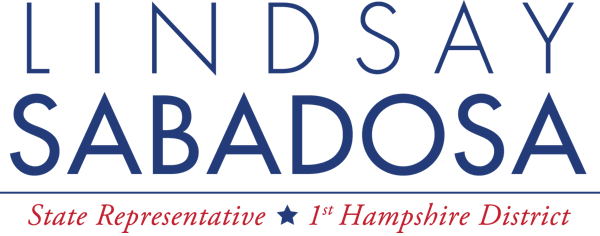PROTECTING PRIVACY
These bills are all focused on protecting privacy, an increasingly important topic for states. I have also cosponsored many bills in this sphere. Please click on the bill name to read the full text.
An Act protecting personal security
This bill updates the process for name changes in court, requiring a probation report and relevant birth or marriage records before a decree is entered. It allows for the sealing and segregation of records related to name changes if the person’s safety could be jeopardized. This includes protecting individuals who are at risk due to gender non-conformity or domestic violence. The court must provide a separate docket and index for such cases. Filed by Rep. Lewis.
An Act relative to consumer health data
This bill introduces the Consumer Health Data Act, establishing strict rules for how entities collect, share, and sell consumer health data in Massachusetts. It mandates transparency, consent, and privacy policies for regulated entities and gives consumers rights to control their data, including deletion and withdrawal of consent. The bill prohibits the sale of consumer health data without proper authorization and outlines security requirements. It also empowers the Attorney General to enforce the law under the Consumer Protection Act and provides specific exemptions for certain health data under federal law. Filed with Rep. Owens.
An Act relative to privileged communications in defamation actions
This bill adds protections for individuals making statements related to sexual assault, harassment, or discrimination in civil defamation actions. It ensures that communications made without malice regarding such incidents are considered privileged and shields the publisher of fair, true reports of official proceedings. Defendants who prevail in defamation suits related to these privileged communications are entitled to attorney fees, costs, and treble damages. The section applies to individuals who have a reasonable basis for filing complaints related to sexual assault, harassment, or discrimination, regardless of whether a formal complaint was made. Filed with Rep. Reyes.
An Act relative to adoptions
A recent shift in Massachusetts adoption procedures has created unexpected challenges for families. Previously, out-of-state adoptions were considered valid if the child’s surrender was done according to the laws of the birth state. However, a new interpretation in 2023 now requires birth mothers to physically sign surrender documents in Massachusetts, placing unnecessary burdens on them. This interpretation has led to delays, stress, and additional costs for families. This bill changes the language regarding the jurisdiction of certain legal documents. Specifically, it replaces "state or the country where it was executed" with "commonwealth or the laws of the place where it was executed."
An Act relating to protecting the interests of minor children featured on for-profit family vlogs
This bill establishes protections for minor children featured in for-profit family vlogs. It requires vloggers to compensate their minor children whose likeness or name is used in video content, with a portion of the earnings set aside in a trust for the child's future. Upon reaching the age of majority, the child can request the permanent removal of any video content featuring them. The bill also ensures the rights to the likeness, name, or photograph of a minor child featured in vlogs are protected for a specified period after their death, extending these rights for up to 75 years for "personalities."
An Act relative to surveillance pricing in grocery stores
This bill prohibits food stores and food departments from using biometric data to suggest items or adjust prices based on individual customers. It allows voluntary use of biometrics for identity verification at the point of sale. Violations of this law are considered unfair trade practices under chapter 93A, entitling individuals to damages. Affected individuals can recover actual damages or $5,000, whichever is higher.
An act relative to parent names on birth certificates
This bill amends the process for updating a parent's name on a child's birth certificate when the parent has legally changed their gender after the child's birth. The amendment process is simplified to ensure that the child’s birth certificate reflects the current legal identity of the parent. This provides an efficient, inclusive mechanism for individuals who have transitioned to ensure their legal documentation accurately reflects their gender identity.

